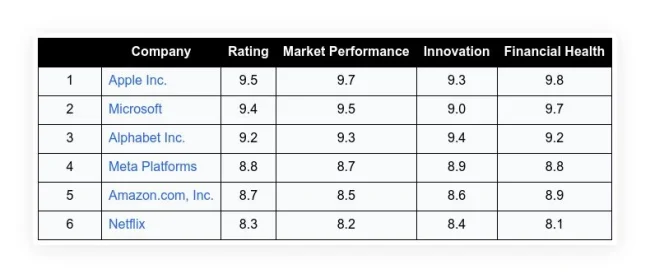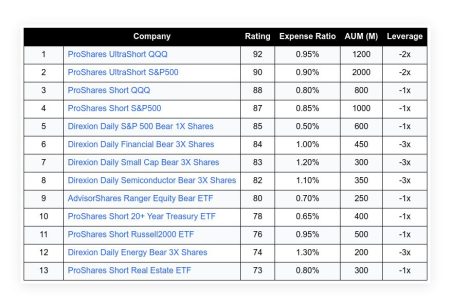One topic that often surfaces in the world of personal development is the power of self-affirmation. This concept centered around the idea that positive self-talk can significantly influence our mindset, behaviors, and overall life outcomes — is fascinating. In this article, we’ll explore the essence of self-affirmation, its impact on personal accountability, how it can be a tool for personal growth and transformation, and how speaking differently to yourself can blast through your defenses that don’t let your messages in.
Table of Contents
ToggleUnderstanding the power of self-affirmation
Self-affirmation is a psychological strategy where individuals remind themselves of their values, strengths, and abilities. It’s a form of positive self-talk that can help individuals maintain their self-integrity, especially when they face threats to their self-concept. Even using incorrect English will work. Take, for example, the phrase, “I ain’t never, ever said “baby,” “I ain’t doin’ no wrong.” This is a perfect example of self-affirmation–a statement of self-assurance, a declaration of innocence, and a testament to one’s integrity.
How self-affirmation impacts personal accountability
Personal accountability is the willingness to answer for the outcomes of your choices, actions, and behaviors. It’s about owning what’s happening in your life, acknowledging your role, and taking responsibility for the results. The phrase above is a powerful affirmation of personal accountability. It asserts one’s innocence and integrity and declares that one has not done anything wrong.
When we affirm ourselves, we’re essentially telling ourselves that we’re not at fault, that we’re not to blame. This can be a powerful tool for personal growth and transformation. It can help us let go of guilt and shame, forgive ourselves for past mistakes, and move forward with confidence and self-assuredness.
The role of self-affirmation in personal growth and transformation
Self-affirmation can be a powerful tool for personal growth and transformation. It can help us challenge and overcome self-doubt and negative self-talk, often the biggest obstacles to personal growth. By affirming our innocence and integrity, we can start to believe in ourselves and our abilities, which can profoundly impact our self-esteem and self-confidence.
The phrase “I ain’t never ever said baby, I ain’t do no wrong, I ain’t do no wrong” is a powerful affirmation of self-worth and self-belief. It asserts one’s innocence and integrity and declares that one has not done anything wrong. By repeating this affirmation, we can start to believe in ourselves and our abilities, which can profoundly impact our self-esteem and self-confidence.
Frequently Asked Questions
Q. What is self-affirmation?
Self-affirmation is a psychological strategy where individuals remind themselves of their values, strengths, and abilities. It’s a form of positive self-talk that can help individuals maintain their self-integrity, especially when they face threats to their self-concept.
Q. How does self-affirmation impact personal accountability?
Personal accountability is the willingness to answer for the outcomes of your choices, actions, and behaviors. When we affirm ourselves, we’re essentially telling ourselves that we’re not at fault, that we’re not to blame. This can be a powerful tool for personal growth and transformation.
Q. What is the role of self-affirmation in personal growth and transformation?
Self-affirmation can be a powerful tool for personal growth and transformation. It can help us to challenge and overcome self-doubt and negative self-talk, which are often the biggest obstacles to personal growth. By affirming our innocence and integrity, we can start to believe in ourselves and our abilities, which can profoundly impact our self-esteem and self-confidence.
















